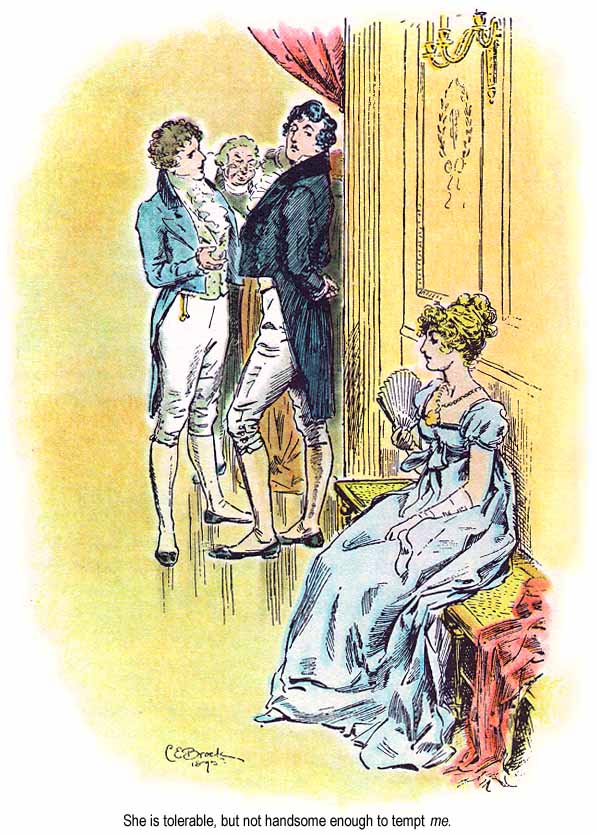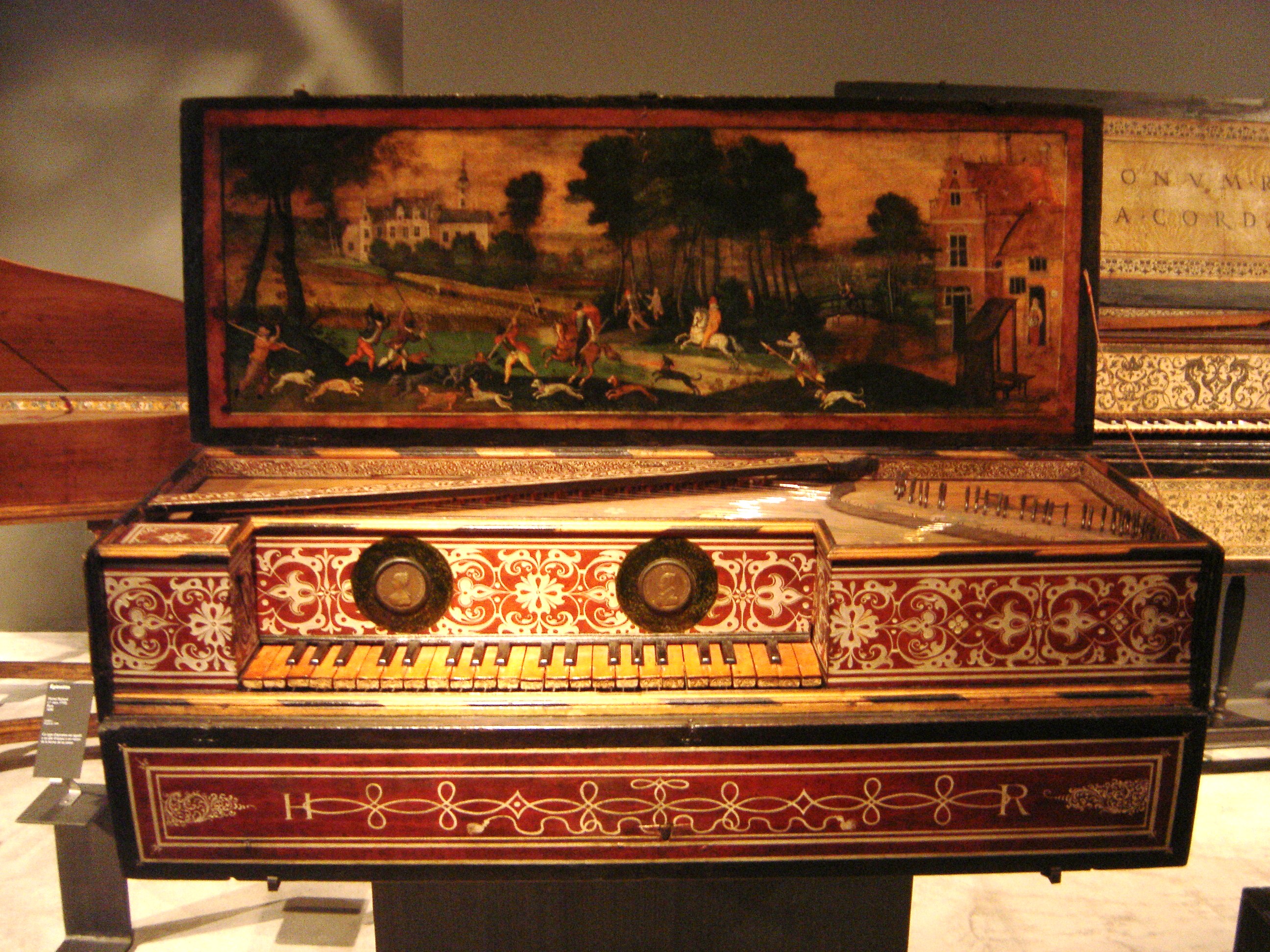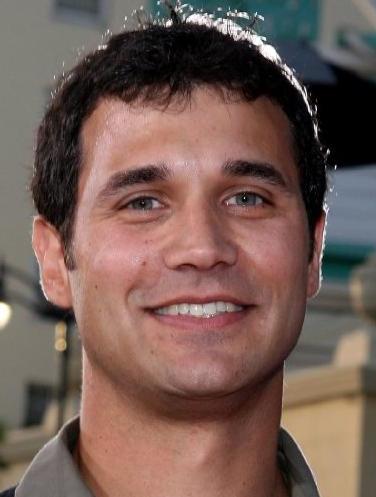|
Fitzwilliam (surname)
Fitzwilliam (or FitzWilliam), lit. "''Son of William''", is derived from the Anglo-Norman prefix Fitz (pronounced "fits") often used in patronymic surnames of Anglo-Norman origin; that is to say originating in the 11th century (the word is a Norman French noun literally meaning "''Son of''", from the Latin ''filius'' (for 'son'), plus genitive case of the father's forename); and from ''William'', lit. "''Willpower/Desire Protector''", which is a popular given name of old Germanic origin, becoming very popular in the English language after the Norman conquest of England in 1066, and remained so throughout the Middle Ages and into the modern era). While more popular as a surname, it does have some popularity as a given name. "Fitzwilliam"/"FitzWilliam" may also refer to: Persons * Richard FitzWilliam, 5th Viscount FitzWilliam (1677–1743), Irish nobleman and politician * Richard FitzWilliam, 7th Viscount FitzWilliam (1745–1816) * Thomas Fitzwilliam (other) * Wendy Fi ... [...More Info...] [...Related Items...] OR: [Wikipedia] [Google] [Baidu] |
Anglo-Norman Language
Anglo-Norman, also known as Anglo-Norman French ( nrf, Anglo-Normaund) ( French: ), was a dialect of Old Norman French that was used in England and, to a lesser extent, elsewhere in Great Britain and Ireland during the Anglo-Norman period. When William the Conqueror led the Norman conquest of England in 1066, he, his nobles, and many of his followers from Normandy, but also those from northern and western France, spoke a range of langues d'oïl (northern varieties of Gallo-Romance). One of these was Old Norman, also known as "Old Northern French". Other followers spoke varieties of the Picard language or western registers of general Old French. This amalgam developed into the unique insular dialect now known as Anglo-Norman French, which was commonly used for literary and eventually administrative purposes from the 12th until the 15th century. It is difficult to know much about what was actually spoken, as what is known about the dialect is restricted to what was written, but i ... [...More Info...] [...Related Items...] OR: [Wikipedia] [Google] [Baidu] |
Pride And Prejudice
''Pride and Prejudice'' is an 1813 novel of manners by Jane Austen. The novel follows the character development of Elizabeth Bennet, the dynamic protagonist of the book who learns about the repercussions of hasty judgments and comes to appreciate the difference between superficial goodness and actual goodness. Mr. Bennet, owner of the Longbourn estate in Hertfordshire, has five daughters, but his property is Fee tail, entailed and can only be passed to a male heir. His wife also lacks an inheritance, so his family faces becoming poor upon his death. Thus, it is imperative that at least one of the daughters marries well to support the others, which is a motivation that drives the plot. ''Pride and Prejudice'' has consistently appeared near the top of lists of "most-loved books" among literary scholars and the reading public. It has become one of the most popular novels in English literature, with over 20 million copies sold, and has inspired many derivatives in modern literatur ... [...More Info...] [...Related Items...] OR: [Wikipedia] [Google] [Baidu] |
Fitzwilliam Virginal Book
The ''Fitzwilliam Virginal Book'' is a primary source of keyboard music from the late Elizabethan and early Jacobean periods in England, i.e., the late Renaissance and very early Baroque. It takes its name from Viscount Fitzwilliam who bequeathed this manuscript collection to Cambridge University in 1816. It is now housed in the Fitzwilliam Museum at Cambridge. The word virginals does not necessarily denote any specific instrument and might refer to anything with a keyboard. History It was given no title by its copyist and the ownership of the manuscript before the eighteenth century is unclear. At the time ''The'' ''Fitzwilliam Virginal Book'' was put together most collections of keyboard music were compiled by performers and teachers: other examples include ''Will Forster's Virginal Book'', ''Clement Matchett's Virginal Book'', and ''Anne Cromwell's Virginal Book''. It is possible that the complexities of typesetting music precluded the printing of much keyboard music durin ... [...More Info...] [...Related Items...] OR: [Wikipedia] [Google] [Baidu] |
Viscount FitzWilliam
Viscount FitzWilliam, of Merrion in the County of Dublin, was a title in the Peerage of Ireland. It was created in 1629 for Thomas FitzWilliam, along with the subsidiary title Baron FitzWilliam, of Thorncastle in the County of Dublin, also in the Peerage of Ireland. He was succeeded by his son Oliver, the second Viscount. In 1661 Oliver was created Earl of Tyrconnell in the Peerage of Ireland. The earldom became extinct on his death in 1667, but he was succeeded in the barony and viscountcy by his younger brother William FitzWilliam, the third Viscount. William's grandson Richard, the fifth Viscount, represented Fowey in the British Parliament. His son Richard, the sixth Viscount, was a member of both the Irish and English Privy Councils. The seventh Viscount was a benefactor and musical antiquarian. The titles became extinct on the death of the ninth Viscount in 1833. The family seat was Mount Merrion House, County Dublin: they also owned Baggotrath Castle and Merrion Castle, b ... [...More Info...] [...Related Items...] OR: [Wikipedia] [Google] [Baidu] |
Earl Fitzwilliam
Earl Fitzwilliam (or FitzWilliam) was a title in both the Peerage of Ireland and the Peerage of Great Britain held by the head of the Fitzwilliam family (later Wentworth-Fitzwilliam). History The Fitzwilliams acquired extensive holdings in the south of the West Riding of Yorkshire, largely through strategic marital alliances. In 1410, Sir John Fitzwilliam of Sprotborough, who died in 1421, married Margaret Clarell, daughter of Thomas Clarell of Aldwark, the descendant of a major Norman landholding family. This is how the Fitzwilliams acquired the Clarell holdings. Sir William Fitzwilliam (–1534) was an Alderman and Sheriff of London and acquired the Milton Hall estate in Peterborough in 1502. His grandson Sir William Fitzwilliam served as Lord Deputy of Ireland from 1571 to 1575 and from 1588 to 1594; he supervised the execution of the death sentence on Mary, Queen of Scots. Barons Fitzwilliam His grandson William Fitzwilliam (d. 1643) was raised to the Peerage of Ireland ... [...More Info...] [...Related Items...] OR: [Wikipedia] [Google] [Baidu] |
The Strain (TV Series)
''The Strain'' is an American horror drama television series that aired on FX from July 13, 2014, to September 17, 2017. It was created by Guillermo del Toro and Chuck Hogan, based on their novel trilogy of the same name. Carlton Cuse served as executive producer and showrunner. Del Toro and Hogan wrote the pilot episode, "Night Zero", which del Toro directed. A thirteen-episode first season was ordered on November 19, 2013. The pilot episode premiered at the ATX Television Festival in Austin, Texas, in early June 2014. On August 6, 2014, FX renewed ''The Strain'' for a 13-episode second season which premiered on July 12, 2015. On August 7, 2015, FX renewed ''The Strain'' for a 10-episode third season which premiered on August 28, 2016. FX renewed the series for a fourth and final season on September 27, 2016, which premiered on July 16, 2017. The show centers around Dr. Ephraim Goodweather, the head of the CDC's New York-based Canary Project, who is called upon to investi ... [...More Info...] [...Related Items...] OR: [Wikipedia] [Google] [Baidu] |
Barbara Feldon
Barbara Feldon (born Barbara Anne Hall; March 12, 1933) is an American actress primarily known for her roles on television. Her most prominent role was that of Agent 99 in the 1965–1970 sitcom ''Get Smart''. Early life Feldon was born Barbara Anne Hall in Butler, Pennsylvania, part of the Pittsburgh metropolitan area. Feldon and her older sister Patricia were the daughters of Raymond D. and Julia Stewart Hall.She graduated from Bethel Park High School and trained at Pittsburgh Playhouse. In 1955, she graduated from Carnegie Institute of Technology (now Carnegie Mellon University) with a Bachelor of Arts in drama. She was initiated into the Delta Xi Chapter of Kappa Kappa Gamma. In 1957, she won the grand prize on ''The $64,000 Question'' in the category of William Shakespeare. Career Feldon studied acting at HB Studio. Following working as a model, Feldon's break came in the form of a popular and much-parodied television commercial for "Top Brass", a hair pomade for men by Rev ... [...More Info...] [...Related Items...] OR: [Wikipedia] [Google] [Baidu] |
Dick Van Dyke
Richard Wayne Van Dyke (born December 13, 1925) is an American actor, entertainer and comedian. His award-winning career has spanned seven decades in film, television, and stage. Van Dyke began his career as an entertainer on radio and television, in nightclubs, and on the Broadway stage. In 1961, he starred in the original production of ''Bye Bye Birdie'' alongside Chita Rivera, a role which earned him the Tony Award for Best Actor in a Musical. Carl Reiner then cast him as Rob Petrie on the CBS television sitcom ''The Dick Van Dyke Show'' (1961–1966), which made him a household name. He went on to star in the motion picture musicals ''Bye Bye Birdie'' (1963), ''Mary Poppins'' (1964), and '' Chitty Chitty Bang Bang'' (1968), and in the comedy-drama ''The Comic'' (1969). He made guest appearances on television programs '' Columbo'' (1974) and ''The Carol Burnett Show'' (1977), and starred in ''The New Dick Van Dyke Show'' (1971–74), '' Diagnosis: Murder'' (1993–2001), an ... [...More Info...] [...Related Items...] OR: [Wikipedia] [Google] [Baidu] |
Fitzwilly
''Fitzwilly'' is a 1967 American romantic comedy film directed by Delbert Mann, based on Poyntz Tyler's 1960 novel ''A Garden of Cucumbers'' (the title refers tIsaiah 1:8 and adapted for the screen by Isobel Lennart. Its title refers to the nickname of its protagonist, Claude Fitzwilliam, an unusually intelligent and highly educated mastermind of a butler played by Dick Van Dyke. The film co-stars Barbara Feldon in her first feature-film role. Plot Claude Fitzwilliam serves as butler to Miss Victoria Woodworth, an elderly heiress whose tremendous wealth is a myth fostered by Fitzwilliam; unbeknownst to her, her financier father actually left her $180. "Fitzwilly" has been leading the household staff on numerous thefts, raids and swindles — including the operation of the fictional charity and thrift shop, St. Dismas — to maintain "Miss Vicki" in the lifestyle to which she is accustomed. The staff's secret operations threaten to unravel when Miss Vicki hires an assistant ... [...More Info...] [...Related Items...] OR: [Wikipedia] [Google] [Baidu] |
Jane Austen
Jane Austen (; 16 December 1775 – 18 July 1817) was an English novelist known primarily for her six major novels, which interpret, critique, and comment upon the British landed gentry at the end of the 18th century. Austen's plots often explore the dependence of women on marriage in the pursuit of favourable social standing and economic security. Her works critique the novels of sensibility of the second half of the 18th century and are part of the transition to 19th-century literary realism. Her use of biting irony, along with her realism and social commentary, have earned her acclaim among critics, scholars and readers alike. With the publication of ''Sense and Sensibility'' (1811), '' Pride and Prejudice'' (1813), ''Mansfield Park'' (1814), and '' Emma'' (1816), she achieved modest success but only little fame in her lifetime since the books were published anonymously. She wrote two other novels—''Northanger Abbey'' and '' Persuasion'', both published posthumou ... [...More Info...] [...Related Items...] OR: [Wikipedia] [Google] [Baidu] |
Fitz
Fitz (pronounced "fits") was a patronymic indicator used in Anglo-Norman England to help distinguish individuals by identifying their immediate predecessors. Meaning "son of", it would precede the father's forename, or less commonly a title held by the father. In rare cases it formed part of a matronymic to associate the bearer with a more prominent mother. Convention among modern historians is to represent the word as ''fitz'', but in the original Norman French documentation it appears as ''fiz'', ''filz'', or similar forms, deriving from the Old French noun ''filz'', ''fiz'' (French ''fils''), meaning "son of", and ultimately from Latin ''filius'' (son). Its use during the period of English surname adoption led to its incorporation into patronymic surnames, and at later periods this form was adopted by English kings for the surnames given some of their recognized illegitimate children, and by Irish families when anglicizing their Gaelic patronymic surnames. Origin In Anglo-Norm ... [...More Info...] [...Related Items...] OR: [Wikipedia] [Google] [Baidu] |






